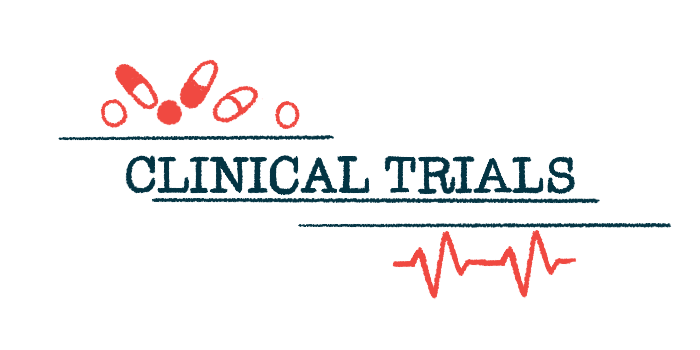Phase 2 trial of bezisterim in newly diagnosed patients to start soon
Study of treatment's potential to be an initial, stand-alone Parkinson's therapy
Written by |

The planned Phase 2 SUNRISE-PD clinical trial of oral bezisterim as a first-line, stand-alone treatment for newly diagnosed Parkinson’s disease patients is scheduled to begin in early 2025.
BioVie, the therapy’s developer, has secured over $15 million to cover complete costs of the trial, and top-line findings are expected to be available before next year’s close, according to a company press release.
In Parkinson’s, neuroinflammation — an inflammatory response in the brain — is believed to play a key role in the damage and degeneration of dopamine-producing nerve cells, which are gradually lost in the disease. Dopamine is a crucial neurotransmitter that enables communication between nerve cells and helps to regulate movement, among other functions.
Bezisterim aims to lower neuroinflammation and improve insulin sensitivity
Many patients also show brain insulin resistance, a condition wherein brain cells become less responsive to insulin, impairing their ability to use blood sugar for energy production. This disruption in cellular energy metabolism is thought to contribute to the neurological symptoms of Parkinson’s.
Bezisterim, formerly known as NE3107, is a small molecule designed to enter the brain and enhance its anti-inflammatory responses while improving insulin sensitivity. The compound was originally developed by NeurMedix, and in 2021 BioVie acquired the rights to the drug.
A previous Phase 2a trial (NCT05083260) evaluated bezisterim in 46 adults with moderate to severe Parkinson’s disease, ages 30 to 80. The therapy was administered twice daily as an oral capsule, alongside a standard carbidopa/levodopa regimen, and compared with a placebo.
After about one month of treatment, results indicated that bezisterim was associated with a greater reduction in disease motor symptoms than with the placebo, especially in patients who were younger than age 70.
Additionally, bezisterim-treated patients experienced a more noticeable reduction in nonmotor Parkinson’s symptoms, such as sleep difficulties and restless leg syndrome.
Phase 2 trial to enroll up to 60 people newly diagnosed with Parkinson’s
The SUNRISE-PD clinical trial, a multicenter study, aims to evaluate the safety and effectiveness of bezisterim as a first-line treatment for newly diagnosed Parkinson’s patients not yet using carbidopa/levodopa therapy.
Up to 60 people will be randomly assigned to either 20 mg of bezisterim or a placebo, taken twice daily, for approximately three months.
They will have the option to participate either from their home or at a clinical site. For those choosing at-home participation, nurses will visit regularly to conduct study assessments, while a neurologist will provide remote consultations via video. All collected data will be reviewed and scored later by a central rating committee.
A new, once-daily formulation of bezisterim also will be evaluated in a planned Phase 3 trial in people with Alzheimer’s disease, with trial initiation expected in late 2025.



